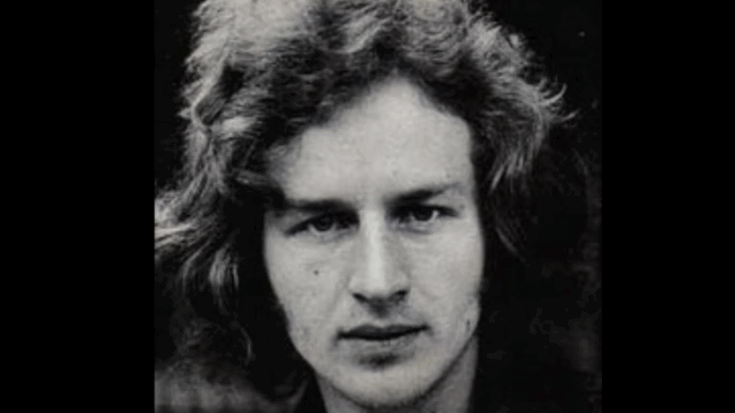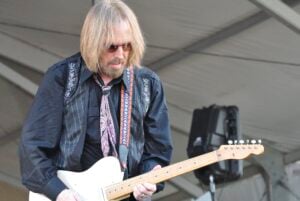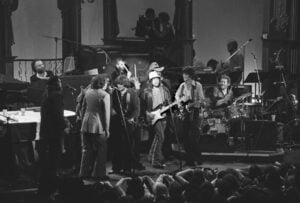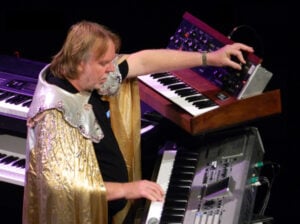He Was A Member Of 60s Supergroups But Was Left Forgotten and Broken

viaJohno's Graveyard Jaunts/ Youtube
On June 7, 1969, Blind Faith—a newly formed supergroup consisting of Eric Clapton, Ginger Baker, Steve Winwood, and an unheralded 22-year-old bassist from Leicester—made their live debut at a free concert in London’s Hyde Park. Although their first album was still two months away, the band attracted an audience of 100,000 eager fans, marking a remarkable start for the much-hyped group.
Early Promise and Musical Journey
Richard Roman “Ric” Grech, the quiet bassist tucked at the back of the stage, was recruited from the progressive rock band Family. Recognized as one of the most talented bassists of his era, Grech began his musical path with the violin at age seven. However, after hearing The Beatles, he quickly shifted to guitar. “When he heard The Beatles, he didn’t want to play the violin; he wanted to play the guitar. I bought him one. And that was that,” his father told the Leicester Mercury.
Grech’s career progressed with The Xciters, featuring vocalist Roger Chapman, before he joined The Farinas in 1965, who later evolved into Family. It was during these formative years that Grech’s battle with drugs began. Reflecting on his heroin addiction in a rare interview, he said:
“Once you get involved with heroin, it rips you apart. The first thing I did in the morning was take a fix… I don’t know why I started. I suppose it was to overcome my insecurity. I never knew what was going to happen next. My life was so fast.”
Supergroup Stardom and Struggles
By 1969, Grech had left Family and was playing with Blind Faith, where his heroin use deepened. “My life was governed by the need to score. I used to borrow from everyone and anyone to pay for the stuff,” he admitted.
Though Blind Faith released just one album and disbanded after a year, Grech’s musical career continued with a stint in the re-formed Traffic. Unfortunately, his drug dependency cost him his place after two albums. He later began a promising country rock collaboration with Gram Parsons, but the recordings were never made public. Parsons’ untimely death from an overdose in 1973 reportedly hit Grech hard.
A Career in Decline
Grech’s skills kept him in demand as a session musician for the Bee Gees, Muddy Waters, Rod Stewart, and Ronnie Lane, but his substance abuse increasingly affected his reliability. He survived two overdoses—in 1974 after a near-fatal mix of cocaine and heroin at a Hollywood party, and again in 1976.
By the 1980s, Grech had returned to Leicester, living on disability benefits and fighting to overcome his addiction. Legal issues followed, including a 1987 conviction for driving under the influence and threatening another driver with a starting pistol. He was fined £220 and banned from driving, and was requested to pay the fine in weekly installments.
On the decline of his career, Grech poignantly observed:
“The royalties stop coming in, the phone stops ringing and the limos stop waiting outside your house.”
In 1989, doctors warned him that continuing to drink would likely be fatal within six months. His ex-wife Jenny remembered:
“When he heard that, he just said he was going to hit the tequila… With a person like Ric, that was all you had to say. He wanted to go out in style.”
Ric Grech passed away on March 16, 1990, at Leicester General Hospital, succumbing to kidney and liver failure brought on by years of substance abuse. He was laid to rest beneath an oak tree in Gilroes Cemetery, Leicester, sharing a final resting place with his mother—an unassuming end for a man who had once stood in the spotlight of rock history.













